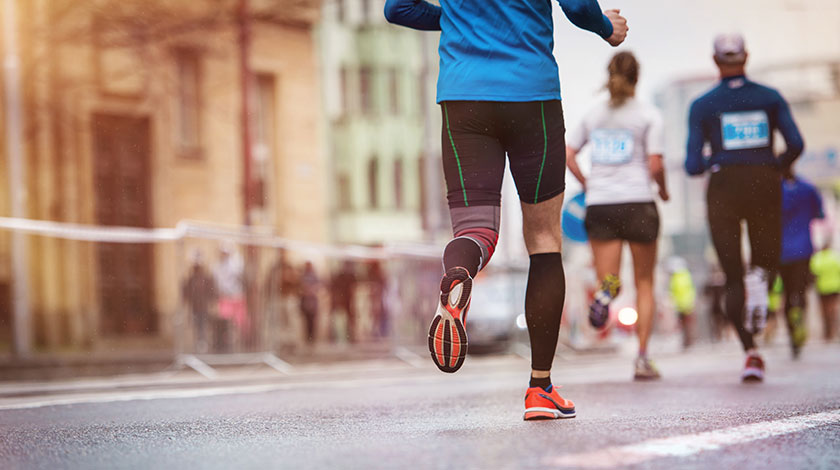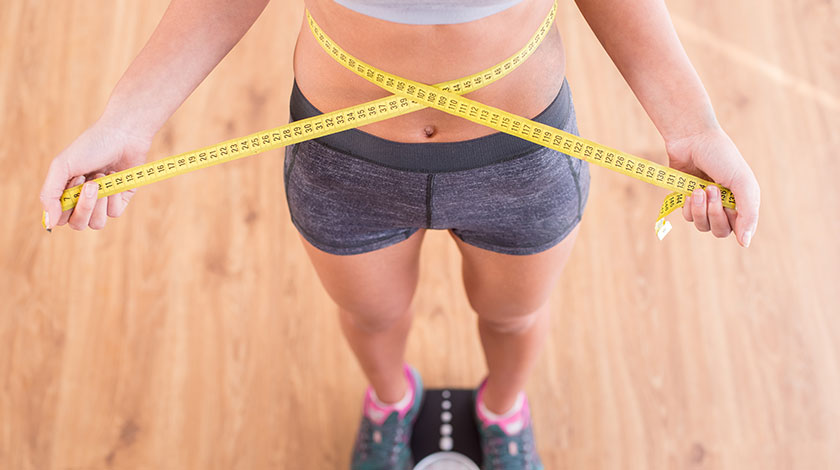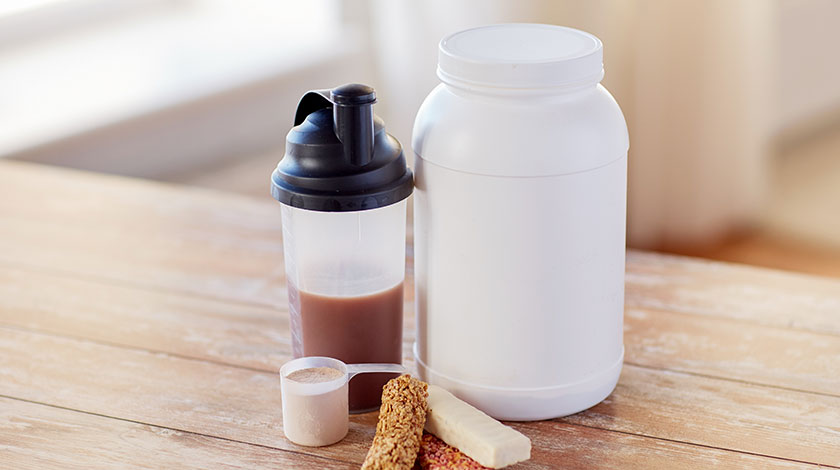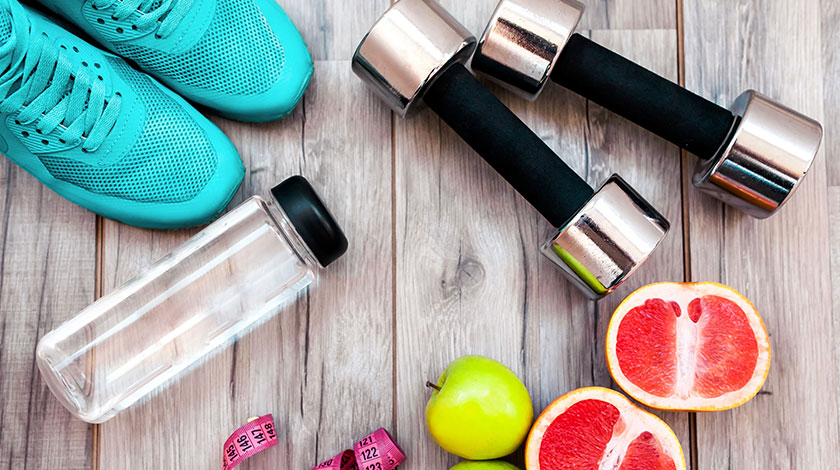Eating for exercise can be a minefield of confusing do's and don'ts.
There are no set rules for what to eat before, during and after exercise. It really depends on your goals, the type of exercise you're doing - and more importantly, what works best for you. However, there are some basic rules you can follow to maximize your training and reach your personal goals.
Marathon Training

If you're training for a long distance event, you need to take your nutrition as seriously as your training. A poor diet can put you at risk of injury and you'll be prone to infections as your immune system is under more stress.
Before (At least an hour before you train)
- Eat a high carbohydrate meal or snack
- Good choices are a couple of toasts with jam, a bagel, yogurt with fruit, a baked potato, or some pasta
During
- Carbohydrates: this could be a sports drink, an energy bar, or a high carbohydrate snack such as dried fruit
After (As soon as possible after a workout)
- Your body needs replenishing with carbohydrates (to refuel your muscles) and protein (to help with muscle repair and growth)
- Be prepared and take some carbohydrates with you if you have another event after
Working Out to Lose Weight

Many people make the mistake of thinking they can eat whatever they like when they're exercising. Then they wonder why they're not seeing the pounds fall off.
To lose weight
- The calories you eat must be fewer than the calories you burn during exercises
- Running or cycling, likely will burn around 500-600 calories an hour
- Less aerobic exercise, such as Pilates or yoga, will only burn between 200-400 calories an hour. Therefore, no need to eat more when you're doing this type of training
Build Muscle Mass

It's a myth that you need to live off a diet of raw eggs and steaks in order to build muscle.
- Training regularly and looking to build muscle will need more than the standard recommended daily amount of protein.1
- Good, low-fat sources of protein are milk, yogurt, eggs, beans, lean chicken, turkey or beef, fish, nuts and seeds
- Don't neglect your carbohydrate because it is an energy source for training
Common exercise nutrition questions:
If I exercise before breakfast, will I burn more fat?
- The amount of fat being used by your muscles may increase if you exercise on an empty stomach. But you will have less energy and won't be able to train as hard.
Do I need sports drink in the gym?
- If you're exercising continuously for more than 60 minutes, it is worth looking into consuming sports drink.
- If you're not exercising for this long, or not exercising at all, then consider an alternative drink, such as water or a low calorie drink.
Is it true I can eat whatever I like in the hour after I work out?
- If you eat “whatever you like”, whether you're exercising or not, the likelihood is you will put on weight.
Will I put on weight if I eat in the evening after training?
- If you eat too much of the wrong things any time of day, you may put on weight.
- However eating a sensible meal after the gym won't mean you'll gain weight.
Sources
- Bean, A. The Complete Guide to Sports Nutrition. Fourth Edition. A & C Black Publishers. 2003.

